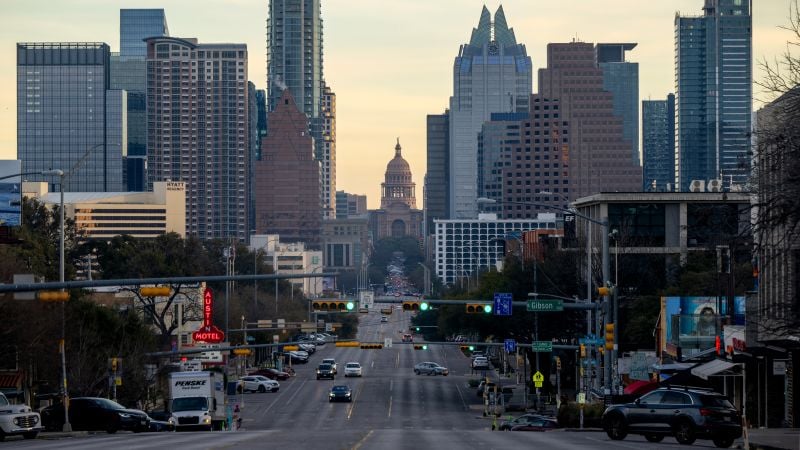A new law in Texas requires convicted drunk drivers to pay child support if they kill a child’s parent or guardian, according to House Bill 393.
The law, which went into effect Friday, says those convicted of intoxication manslaughter must pay restitution. The offender will be expected to make those payments until the child is 18 or until the child graduates from high school, “whichever is later,” the legislation says.
Intoxication manslaughter is defined by state law as a person operating “a motor vehicle in a public place, operates an aircraft, a watercraft, or an amusement ride, or assembles a mobile amusement ride; and is intoxicated and by reason of that intoxication causes the death of another by accident or mistake.”



Turning jail time into spending money looks a lot like fines being a cost of business. A CEO of a big company could just kill a child’s parents and not even feel the sting, as long as he’s drunk and his weapon is his car.
Bold of you to assume the CEO would be convicted
Fair
It doesn’t seem like this is instead of other punishments, it’s in addition. So this criticism doesn’t really make sense.
cars the best weapon
In many parts of the US, not sure about Texas, child support is based on the parent(s)'(s) income/wealth. The same should apply here, but for the drunk driver’s income/wealth.
The spirit of the law would be to ensure that the change in the money available for the development of the child changes as little as possible after separation of the parents. Under that assumption, the killer would only have to provide as much as the victim would have if they had separated.
Why would that be the spirit of the law? If the parent suddenly started making more money, the kid would (probably) have more spent on raising them. Why would that same outcome not apply to the parent’s responsibility being suddenly replaced by person who makes more money?
https://lemmy.world/post/1685223
Already a thing.